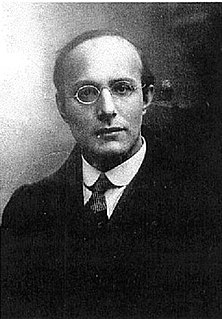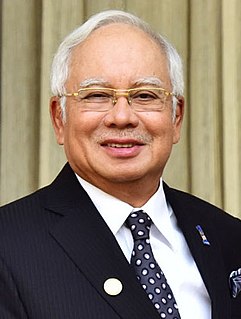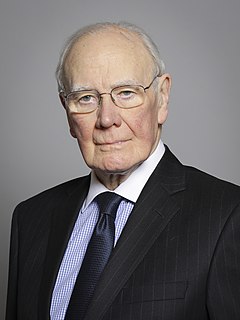A Quote by Kevin Watkins
We want a comprehensive package that covers export subsidies, tariffs and overall levels of support. British Prime Minister Tony Blair is making central to his summit speech that he wants to abolish all export subsidies. It is up to him to push the European Union in that direction, and the U.S. needs to reciprocate.
Related Quotes
On my first day at Yale Law School, there were posters in the hallways announcing an event with Tony Blair, the former British prime minister. I couldn't believe it: Tony Blair was speaking to a room of a few dozen students? If he came to Ohio State, he would have filled an auditorium of a thousand people.
We must recognise that in a globalised world, we cannot remain insulated from external developments. India's trade performance in the current year has been robust, surpassing pre-crisis export levels and pre-crisis export growth trends. We have diversified our export baskets and our export destinations.
There was nothing natural about laissez-faire; free markets could never have come into being merely by allowing things to take their course. Just as cotton manufactures were created by the help of protective tariffs, export bounties, and indirect wage subsidies, laissez-faire was enforced by the state.
I look forward to hosting Prime Minister Lee [Hsien Loong], whose friendship and partnership I appreciate very much and with whom I've worked throughout my administration. This will also be an opportunity for me to reciprocate the hospitality that the Prime Minister and the people of Singapore showed to me during my visit to Singapore for the APEC summit in 2009.
We had a completely deniable exchange of papers - in the winter before the 1997 election - with [Tony] Blair, setting out what we thought were the realistic parameters for a solution: and we were getting reasonable responses back from him. That's what led to Blair's visit to Belfast on May 16, 1997 - two weeks after he became Prime Minister and his first official visit outside London.



































